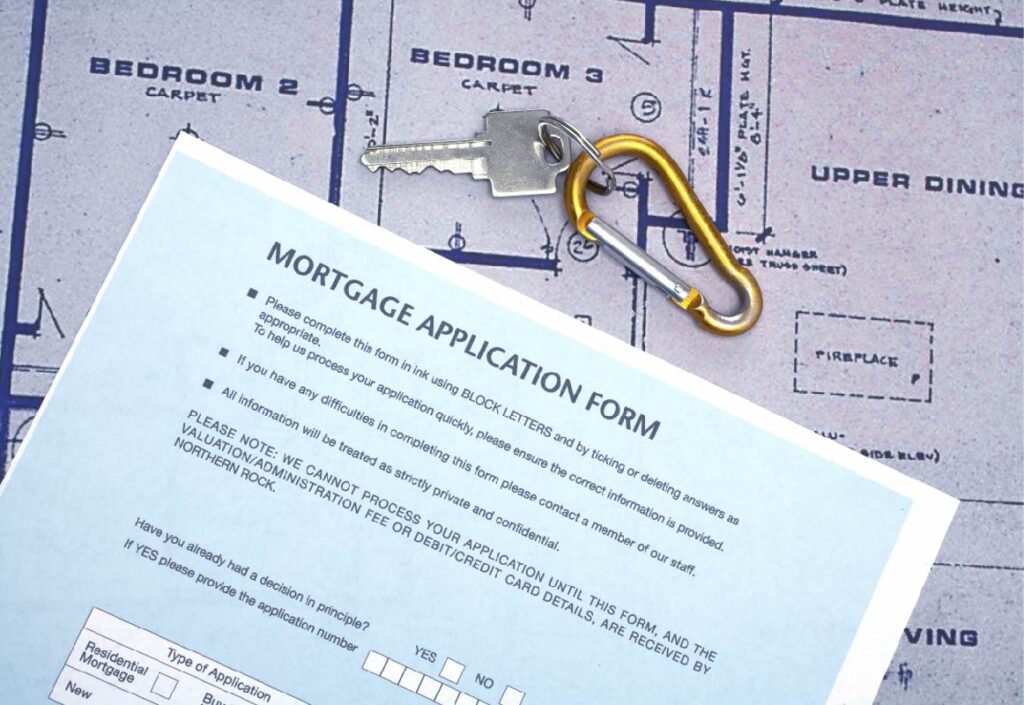Economists refer to a risk that is not fully insurable as a background risk: a risk that is there and that individuals face no matter what they do, because there is no perfect self-insurance mechanism or market insurance contract for such risk. An example of background risk facing individuals is the risk of incurring large out-of-pocket medical expenditures. Even living healthy lives does not guarantee that bad things will never happen. Individuals can buy health insurance to protect themselves from the risk of having to pay for diagnosis and treatment of possible health problems, but there are still deductibles to pay and only rarely and under specific circumstances does the policy offer 100% coverage of these costs.
Economic theory predicts that, when facing a background risk, individuals should act more prudently so as to cushion the negative consequences of a potential bad draw on their wellbeing. If the risk of large, unpredictable and not fully insurable medical costs is around the corner, individuals may want to save more for future emergencies and/or reduce their exposure to other sources of financial risk, such as stock-market investments.
In past work, we have documented that in European countries with a public, universal health care program, and hence a lower out-of-pocket medical expenses risk, individuals are more likely to invest in the stock-market than in countries with a private or mixed insurance system, where the likelihood and the size of out-of-pocket medical costs tend to be higher. In the United States, the universal health insurance coverage offered by Medicare has the effect of reducing the risk of large and unpredictable medical expenditures for everyone over the age of 65. Recent studies show that with Medicare out-of-pocket expenditures decline by 40% at the top 25% of the out-of-pocket medical expenditure distribution, by 50% at the top 10% and by about 55% at the top 5%. These figures suggest that individuals in poor health and/or with low or no private insurance coverage before Medicare – who tend to be big spenders – may experience a larger reduction in background risk when they become Medicare eligible.
In our recent study, we investigate the following questions. If a larger risk of incurring out-of-pocket medical expenses makes individuals in poor health less willing to invest in the stock market than individuals in good health, does Medicare eligibility reduce this gap? If such reduction exists, is it proportionally larger for individuals without health insurance coverage before Medicare eligibility?
To answer these questions, we use data from the Health and Retirement Study (HRS) focusing on individuals between 55 and 75, a 10-year window around Medicare eligibility age. The HRS is particularly suitable for our purposes since it offers comprehensive information about older Americans, ranging from health and insurance status, to labor force participation and detailed asset values. We observe that individuals in poor health are less likely to invest in the stock market, a finding in line with those of previous studies. Yet, Medicare eligibility offsets this negative effect almost entirely bringing the probability of stockholding among those in poor health closer to the one of those in good health. We also observe that this effect is mainly driven by uninsured households, for which the reduction in background risk when they become Medicare eligible is larger.
The estimated “sheltering” role of universal health insurance provided by Medicare is economically relevant. Considering that the U.S. population over 65 is about 45 millions, about 25% hold stocks and about 10% are in poor health, our estimates imply that approximately 1 million households facing a reduction in the risk of incurring large medical expenses offered by Medicare are not discouraged from holding stocks. Based on these numbers, simple back-of-the-envelope calculations indicate that Medicare is able to keep about 3 billion dollars of household wealth invested in the stock market. This is an important financial “side effects” that policy makers should not overlook when discussing ways of reforming Medicare or the health insurance system more broadly.
